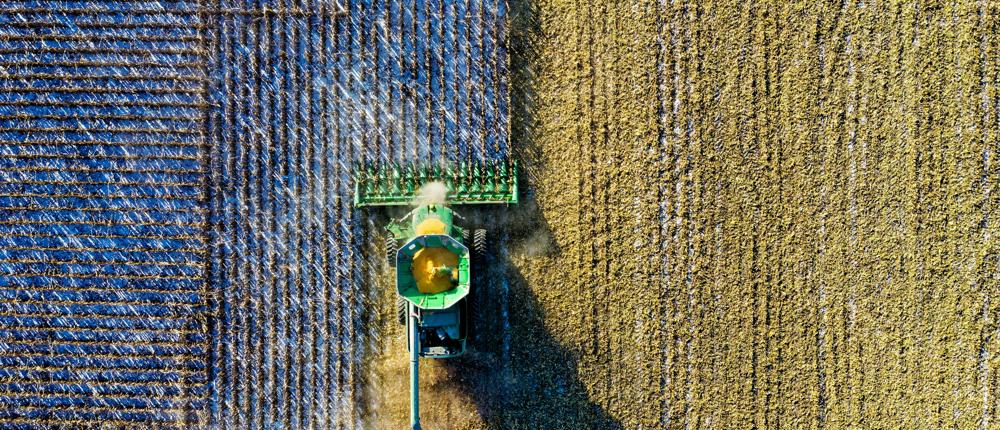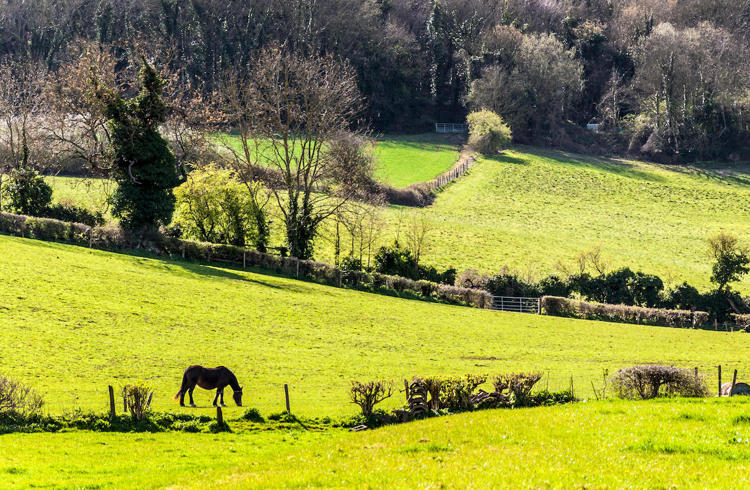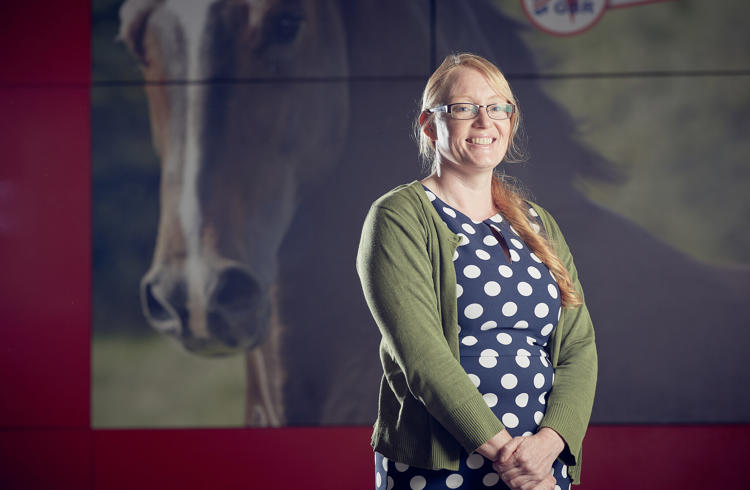It’s no exaggeration to say that crop production largely determines the welfare of a country’s population, providing food and shaping the landscape. This area of agriculture requires skilled individuals able to manage land and understand production systems, as well as being able to embrace technological advances and innovations such as container-based crop production.
If you’re interested in pursuing a career in crop production, studying a T Level could be the right pathway for you.
Our T Levels (including our dedicated Crop Production course) have been developed with employers and educational providers to give students the applied skills that industries are looking for. They offer a blend of classroom-based learning, practical training, and industry placement.
Here are five reasons to study a T Level in Crop Production at Hartpury College:
You’ll help to address food security, improve crop yields and boost crop quality
Understanding crop production is essential for ensuring a stable and sufficient food supply for local and global communities. It’s important to understand how to utilise available land and resources effectively to feed a growing population. By studying crop production, we can learn how to increase crop yields and reduce food waste. We can also further understand how to improve crop quality overall to make it more nutritious and appealing to customers.
You’ll have access to state-of-the-art facilities that bring learning to life
During your time at Hartpury College, you’ll have access to a 380-hectare award-winning farming business across five rural sites. Through engaging practical sessions and classroom learning, you’ll discover how these facilities aid in crop production.
You’ll experience the following facilities and machinery, in use across our on-campus arable and forage operations:
- In-house arable operations across 250 acres of winter wheat, 75 acres of forage maize and 50 acres of wholecrop pea and barley
- Vaderstad spirit drill
- Vaderstad carrier
- Vaderstad rolls
- Bateman RB26 sprayer (chemical and liquid fertiliser)
- Claas lexion 560 TT combine harvester
- Claas 3200 mowers
- Claas liner 3500 rake
We’re committed to sustainable crop production
Agriculture has a significant impact on the environment, therefore studying ways to make crop production more sustainable can help to reduce this impact for future generations. In addition to learning more about this during your classroom and practical sessions, you’ll have the opportunity to see some of these efforts in practice.
Hartpury’s Home Farm is in a mid-tier countryside stewardship agreement, meaning we consider the environment and nature through projects including hedgerow management and winter bird feed practices. We’re also part of the Severn Treescapes project, an initiative led by the wildlife trusts of Gloucestershire, Herefordshire and Worcestershire. As part of the project, students and staff will plant a total of 5000 hedge plants and five hectares of trees in key areas of Hartpury farmland over the next year.
Our curriculum is comprehensive, diverse, and practical skills-led
Our teaching staff are industry experts with many years of experience in agricultural industries. The great thing about a T Level is the practical training involved, both through teaching sessions on campus as well as via work placements.
Classroom learning provides the theoretical foundation that will be implemented during your practical teaching sessions In your first year, you’ll gain an understanding of:
- Health and safety principles
- Sustainability
- Biosecurity
- Finance
- Data
- The supply chain
- Plant growth
In your second year, you’ll develop your knowledge in the above topics and also explore:
- Optimal crop yield and quality
- Tools, equipment and materials used in managing crops and the surrounding areas
- How to establish, manage, harvest, and store crops as a vital component of the food production process.
You’ll balance both practical and work-placed learning
20% of your time - that’s 315 hours or 45 days - will be spent completing an industry placement. This provides you with the chance to apply your learning in a real work environment, enhancing your practical skills, building industry contacts, and gaining invaluable experience. That’s in addition to the outstanding practical and classroom education you’ll gain on campus.
Our T Level pathway will prepare you for a future career in the industry, and our record speaks for itself. We have a 97% progression rate into employment, university or further study across all course areas (Hartpury College 2023).
NEED TO KNOW
What are the entry requirements for a T Level in Crop Production?
5 GCSEs at grade 4 or above, to include English Language and Maths. Other occupation-specific requirements may apply.
Once we receive your application, we’ll write and invite you to attend an interview and written assessment with a member of staff on your chosen course. The interview is an opportunity to discuss the course content, ask any questions you may have and take a tour of the campus.
For those students needing a bit more preparation before progressing onto a full T Level, check out our T Level Foundation Programme Agriculture or T Level Foundation Programme Land-Based Engineering.
How to apply for the T Level in Crop Production
Click here to learn more about making an application to study a T Level in Crop Production at Hartpury College.
If you’re still unsure, register for our open days, where you’ll be able to tour campus, meet our students and staff, the team and find out why Hartpury College could be a great choice for you.








